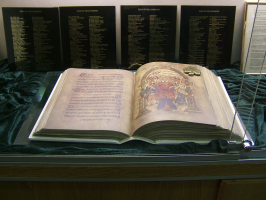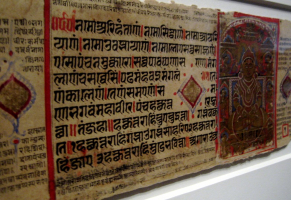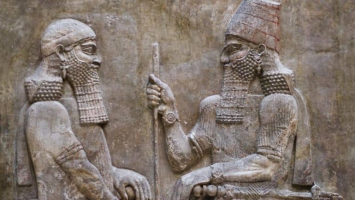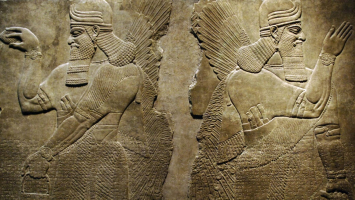Top 5 Influential Abolitionist Texts
Influential abolitionist texts refer to abolitionist literature, art, poetry, etc that depicted the life of the slave and became a political tool that the ... read more...moral situationists used effectively to sway sentiment toward their position. On this list, we have 5 of the most important influential abolitionist texts that you might want to know about.
-
Twelve Years a Slave is a memoir and slave narrative by American Solomon Northup as told to and written by David Wilson in 1852. The memoir is the story of a black man named Northup, who was born free in the state of New York. It describes how he was misled into traveling to Washington, D.C., where he was abducted and sold into slavery in the Deep South. Before surreptitiously passing along the information to friends and family in New York, who then managed to gain his release with the help of the authorities, he was held captive for 12 years in Louisiana. Besides providing extensive details on the slave markets in Washington, D.C., and New Orleans, and describing at length cotton and sugar cultivation and slave treatment on major plantations in Louisiana, the memoir also expresses the horrible and tragic experience as a black slave for 12 long years. After the book’s publication, Northup went on tour around the country to promote his book, which sold over 30,000 copies.
After its publication, Twelve Years a Slave educated Americans about slave life in the Deep South and contributed to the growth of anti-slavery sentiment before the Civil War. And up until this day, the memoir is still an important, vital reminder of the nature and intrinsic violence of historical slavery and the centuries-deep scars that it left on the communities that suffered under these atrocities. The memoir has been adapted into two film versions, produced as the 1984 PBS television film Solomon Northup's Odyssey and the 2013 film 12 Years a Slave, which won multiple Oscars including Best Picture.Publication date: 1853
Author: Solomon Northup, David Wilson
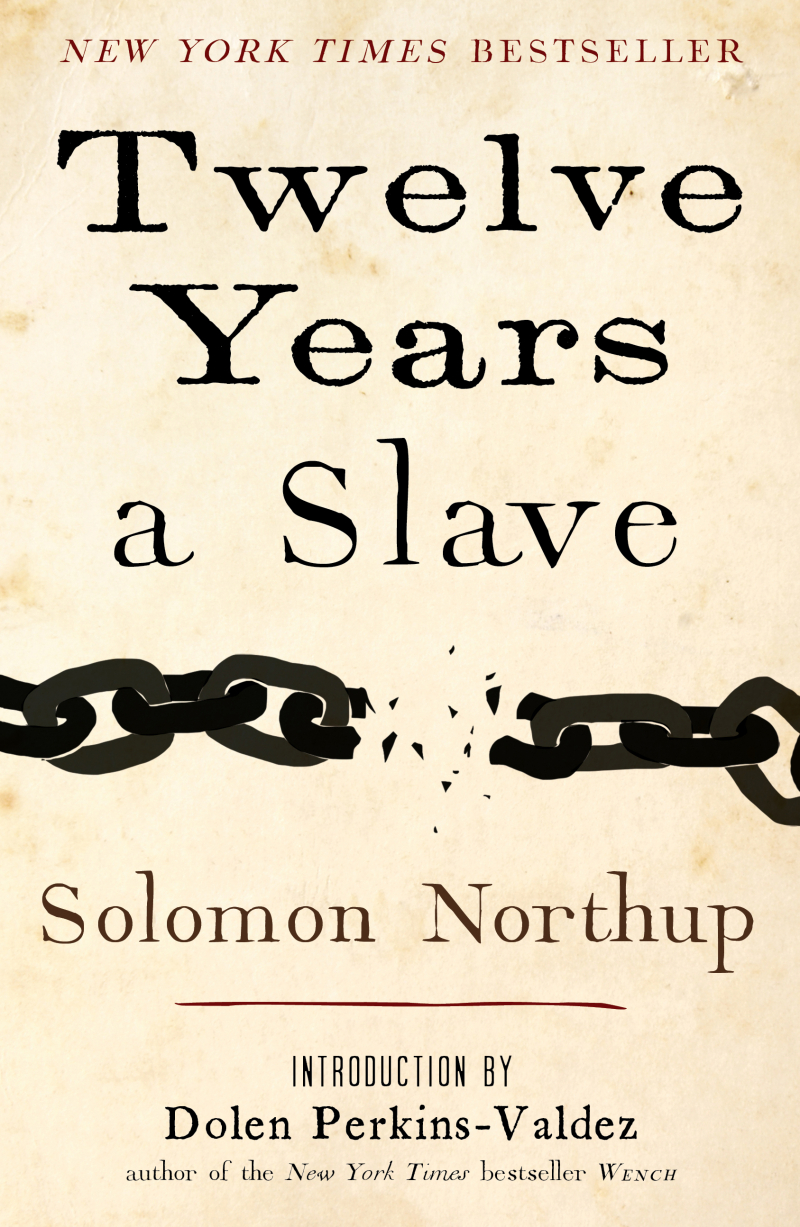
Twelve Years a Slave book cover 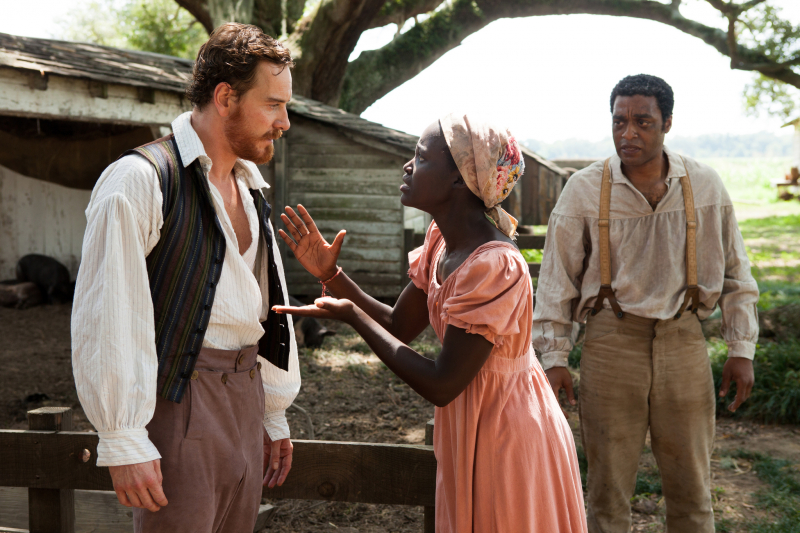
Twelve Years a Slave's movie adaptation -
The Liberator was the most widely circulated anti-slavery newspaper during the antebellum period and throughout the Civil War. A prominent white abolitionist and the founder of the well-known American Anti-Slavery Society, William Lloyd Garrison, published and edited the newspaper in Boston. The Liberator criticized the US Constitution and any individuals or actions that would perpetuate slavery over its three decades of publication. When the Civil War came to an end in 1865, the newspaper's run came to an end. Garrison declared, "My duty as an abolitionist is ended," at the conclusion of the paper's run. He then focused on pacifism, women's suffrage, and denouncing southern governments' post-Reconstruction treatment of black people.
Garrison's criticism of the Constitution on the The Liberator was surrounded by extreme controversy. Garrison, who was once regarded as the most active and outspoken abolitionist in the entire globe, demanded the immediate release of all individuals kept in bondage and the restoration of enslaved people's natural rights decades before most other northern white abolitionists. Garrison's disposition drew many admirers, affectionately referred to as "Garrisonians," as well as many more opponents. Throughout his time as editor of The Liberator, his venomous attacks on all individuals and organizations that he believed to be culpable for slavery led to several threats and attempts on his life, including a $5000 bounty on his head in Georgia that is now worth more than $150,000.
Publication date: 1831 - 1865
Author: William Lloyd Garrison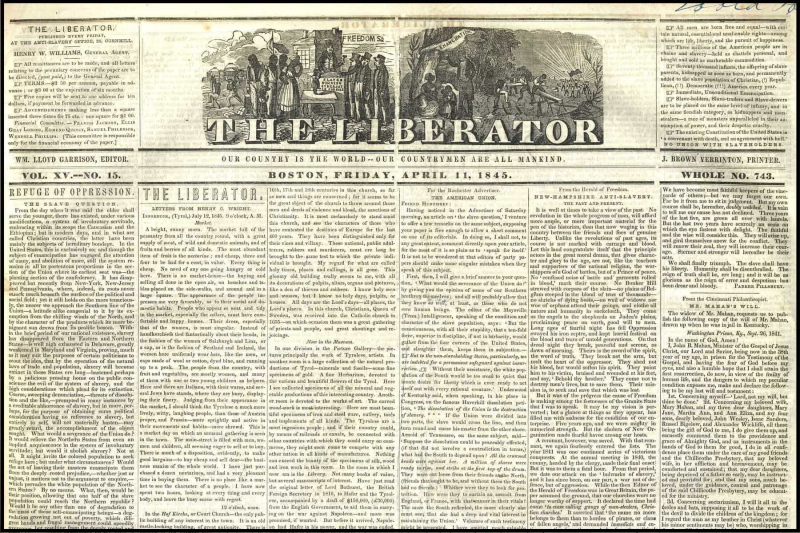
Photo: National Park Service 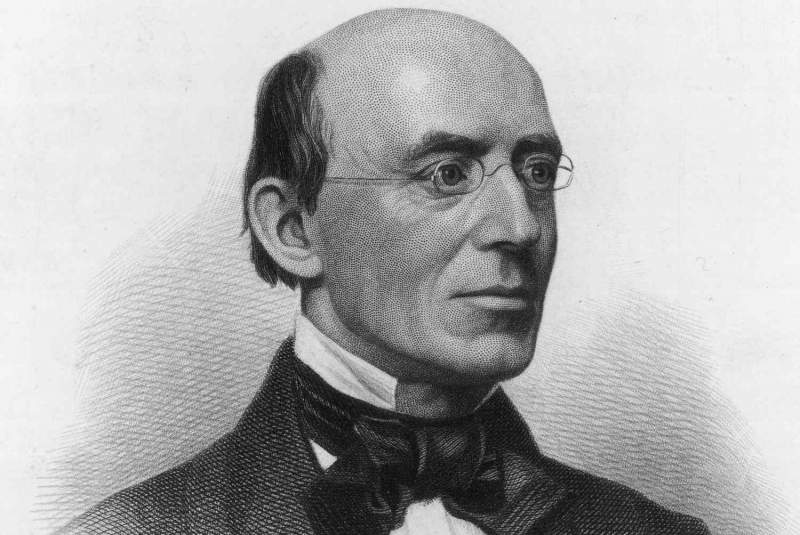
William Lloyd Garrison - ThoughtCo -
African American David Walker was born there as a free man. Later, he moved to Boston, where he integrated with the city's thriving African American community, joining the fight against slavery and contributing to the first African American newspaper in the country. His Appeal...to the Colored Citizens of the World, a collection of articles that criticized the influential colonization movement and demanded the rapid abolition of slavery, was published in 1829. Walker presented a compelling vision in his Appeal that incorporated natural rights, Christianity, and the founding principles of the United States. Walker claimed that slavery went against fundamental Christian principles and the promise of freedom and equality in the Declaration of Independence.
David Walker's Appeal...to the Colored Citizens of the World caused outrage and fear in slave owners as he called for slaves to actively fight for their freedom and to rise up and revolt against their owners. He distributed copies to slaves by placing copies into the pockets of clothing that he sold to sailors traveling to the South. Even the most ardent white abolitionists, like William Lloyd Garrison, objected to his violent language, which resulted in legislation that prohibited slaves from learning to read or write.
Walker's body was discovered nearby his business shortly after The Appeal's publication, and it is generally accepted that Walker's death was likely caused by the radical Appeal. Walker's Appeal...to the Colored Citizens of the World was extensively reprinted after his death, and despite being heavily laden with violence, it served to highlight the ferocity with which some slaves were prepared to fight for their freedom.Publication date: 1829
Author: David Walker
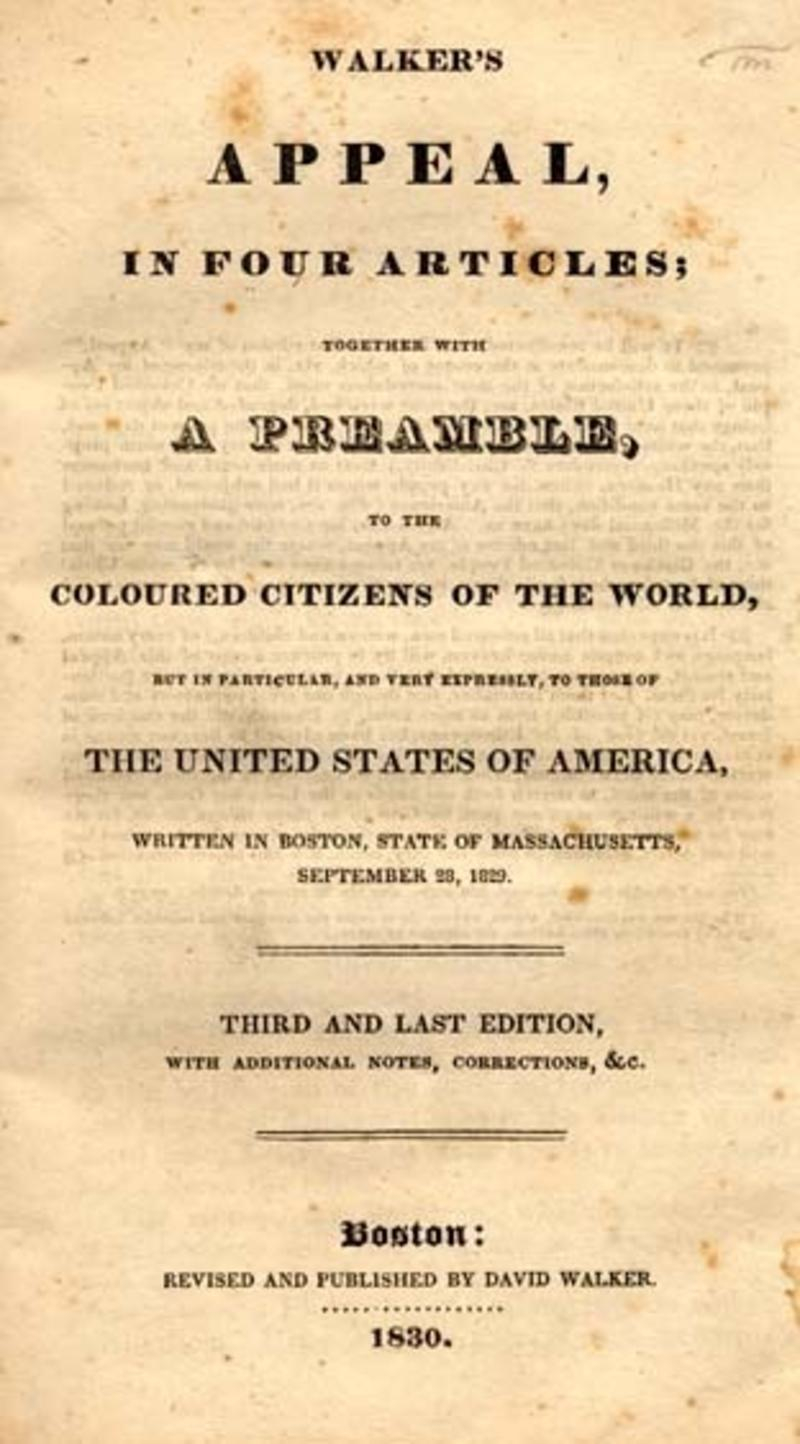
Photo: Radical Tea Towel Video: Ransom Notes -
Frederick Douglass’s Narrative of the Life of Frederick Douglass, an American Slave is one of the most read primary sources on American slavery today as well as in its own time. It follows Douglass from his early years in life as a slave to when he becomes a free man and served as an aide to President Lincoln during the Civil War. Douglass emphasizes throughout the book that his treatment by slave owners was no different from that of his fellow slaves, with the exception that after being transferred from a plantation to the city, he came to the conclusion that being a slave there was almost as good as being free. He learned the value of education during that period and devoted the rest of his life to gaining knowledge. This allowed him to eventually escape to freedom and become a well-known abolitionist.
Narrative of the Life of Frederick Douglass, an American Slave's purpose was to educate people about the cruelty of slavery and to demonstrate that Black people are just as intelligent and capable of success as white people. For more than a century, his narrative continued to inspire reformers and activists to fight for civil rights for the oppressed in America.Publication date: 1845
Author: Frederick Douglass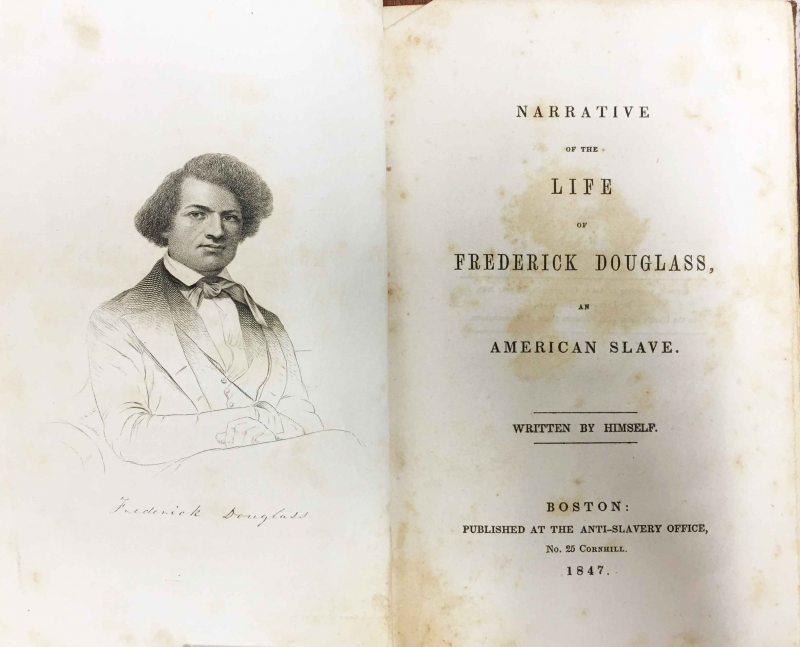
Photo: Princeton University 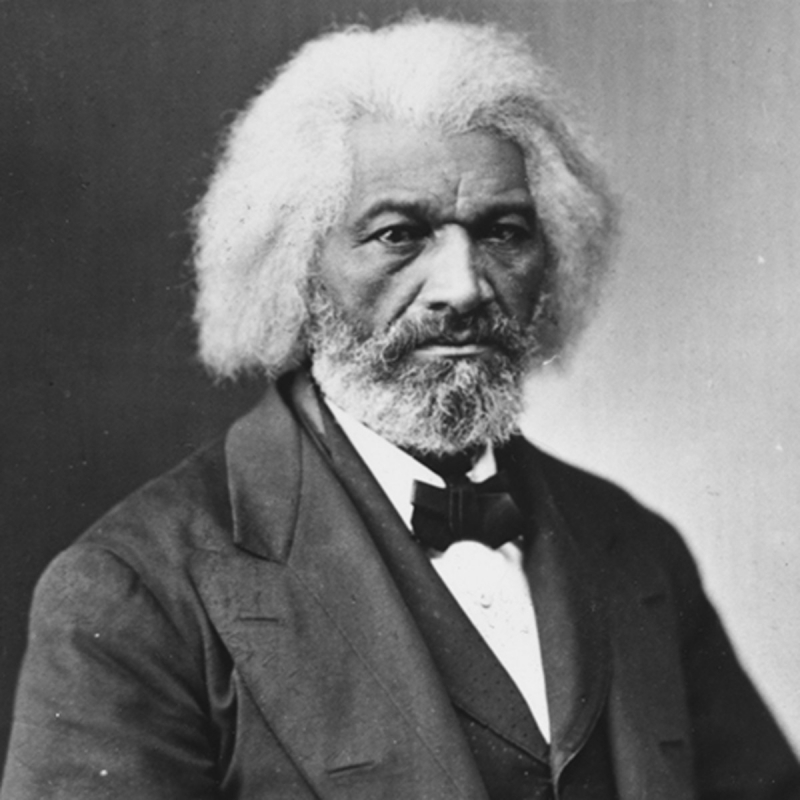
Frederick Douglass - Biography (Bio.) -
Before Frederick Douglass’s Narrative of the Life of Frederick Douglass, an American Slave, there was The Interesting Narrative of the Life of Olaudah Equiano, which is believed to be the originator of the slave narrative, written by himself in 1789. In its introduction, Equiano states that the main purpose of the book is to "excite in [the reader's] august assemblies a sense of compassion of the miseries which the Slave-Trade has entailed on my unfortunate countrymen." He wrote it to express the abuse that slaves endured at the hands of their masters and to condemn the slave trade as an inhumane practice. His claim that he was born in Africa, as he states in the text, has been put into question by some new evidence, but his words still perfectly convey the brutality and realism of journeying across the Atlantic on a slave ship as well as the struggles and great luck needed to gain freedom.
The Interesting Narrative of the Life of Olaudah Equiano was widely read when it was first published and was also translated into Dutch, German, and Russian. The book has had such a significant impact on the study of African and African-American literature that it is routinely taught in university courses on both English literature and history. Additionally, the book was reissued under the influential Heinemann African Writers Series.Publication date: 1789
Author: Olaudah Equiano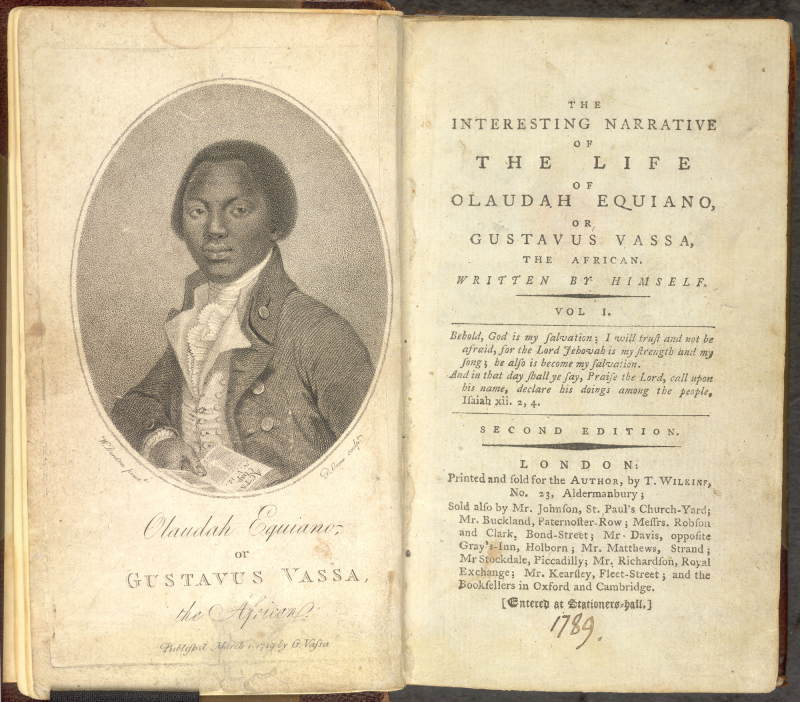
Photo: The British Library 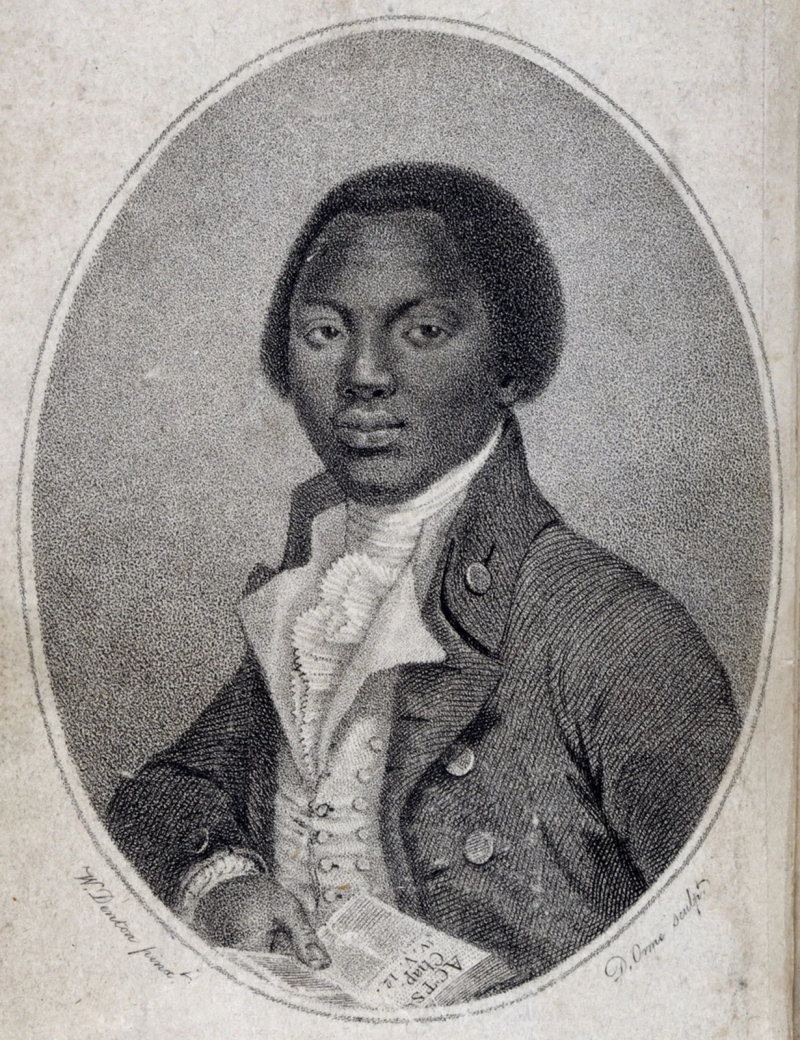
Olaudah Equiano - Britannica







